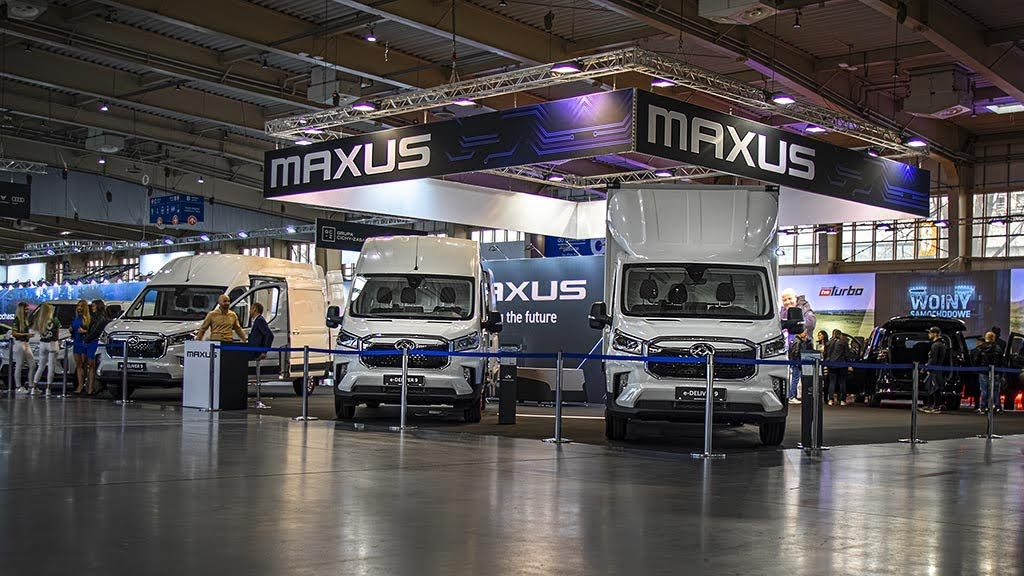Made-in-China vehicles gain momentum in overseas markets

Vehicles made in China are getting increasing popular in global markets, with 3.92 million units shipped overseas in the first 10 months this year, according to the China Association of Automobile Manufacturers.
Local Chinese brands including Maxus and BYD are seeing their models warmly received in many countries around the world.
The Daily Telegraph reported that China has overtaken South Korea as Australia's third-largest source of new cars. The British newspaper estimated that the country could challenge Japan's dominance in the country in just another half a decade.
In 2022, China was the fourth, selling 122,845 units in Australia, a 61.1 percent increase on the previous year, according to data from the Federal Chamber of Automotive Industries.
Australia is one of the largest markets for Maxus. The 12-year-old brand has just seen its cumulative overseas sales hit the landmark of 300,000 units, only one year after its celebrations of shipping 200,000 units overseas.
In Australia, the Maxus V90 has beaten rivals from Toyota and Hyundai. Last year, the V90 saw its sales to reach 2,966 units, up 61 percent year-on-year, toppling Mercedes Sprinter as the most popular large-sized van in the country since 1998.
Maxus said its popularity has a lot to do with its "global vehicle" approach, which means its models are designed and developed with the global markets in mind so they can win high ratings in safety and quality standards in those destinations.
The MIFA 9 from Maxus was the first Chinese electric MPV to have won five-star ratings in the European New Car Assessment Program and the Australasian New Car Assessment Program.
Carla Hoorweg, CEO of the Australasian New Car Assessment Program, said the program has a high regulatory standard for vehicle quality.
"It is crucial for the car manufacturers to understand what is required in each market and why we require something different in each market," Hoorweg said, noting that sport utility vehicles and light trucks are popular in Australia, but must have five-star safety ratings.
The success stories of Maxus are not limited to Australia. It is selling products including light commercial vehicles, pickup trucks, passenger vehicles and NEVs in 73 countries and regions.
Compared with many other Chinese carmakers, it has a firmer foothold in developed economies.
In Italy, the EV90 had the largest market share in the first half of 2023. In the same period, both the EV30 and the EV90 were the best-sellers in their respective segments in Portugal. The EV30 also won the largest share in its segment from January to October this year in Spain.
Maxus explained its competitive edge lies in its first-mover advantage and its customization strategy to meet the demands of its clients from different regions with varying driving habits.
It was the first Chinese brand to offer EVs in all light commercial vehicle segments in Europe, and many of its clients are big delivery companies including Royal Mail, Irish National Post, DHL and FedEx.
The combination of competitive edges has seen its sales soar. Statistics show that Maxus shipped overseas 52,000 units in 2021, which soared to 92,000 units last year and continued the upward trajectory to 73,000 units in the first 10 months this year.
Global sales are becoming an important part of Chinese carmakers' total deliveries. For Chery, 36.6 percent of its total sales were outside of China in 2022. For Maxus, the figure rose to 48.5 percent last year, up from 21.7 percent in 2020.
The China Association of Automobile Manufacturers estimates that China's total vehicle exports this year could reach 4 million units. China has replaced Japan as the world's largest vehicle exporter since the first quarter this year.

